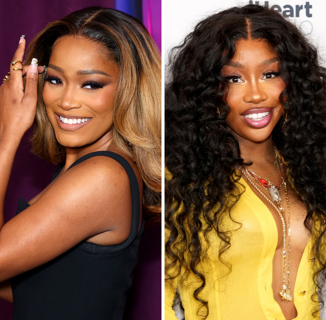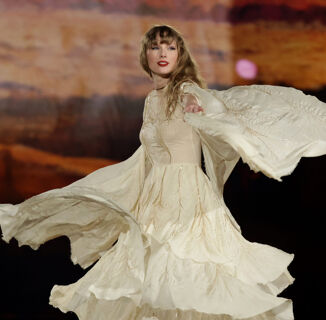A recent study from the Williams Institute at the UCLA School of Law has found that queer U.S. adults are poorer than their straight peers. Researchers found that people who identified in the study as homosexual, bisexual, or mostly homosexual had fewer economic resources to pull from than their heterosexual peers.
The research was based on the over 14,000 responses in the National Longitudinal Study of Adolescent to Adult Health. Respondents were between the ages of 24 and 32 years of age.
Researchers wrote that socioeconomic status was a fundamental contributor to a person’s health. Lower socioeconomic status may be dangerous to a person’s health, the study suggests, because it forces individuals to face more health hazards.
“Socioeconomic status is a major contributor to health and disease throughout a person’s life,” Kerith Conron, the study’s lead author and Blachford-Cooper Distinguished Scholar and Research Director at the institute, said in a statement. “Understanding the extent and nature of sexual orientation differences in socioeconomic status is essential to reducing health inequities, particular as the population of sexual minorities grows and ages.”
The study found these discrepancies were higher in women. Women who identified as homosexual, bisexual, or mostly homosexual were less likely to graduate from college. Women were also more likely to receive welfare assistance and to report economic hardship in the past year while also being two times more likely to be unemployed.
Researchers further found that the rates of homeownership were lowest in respondents identifying as Black and Latina sexual minority women. White women who identified as homosexual, bisexual, or mostly homosexual had the highest rates of homeownership among the queer women in the study.
There were fewer differences for men. In fact, the study found that men who identified as gay or bisexual had a higher chance of having a university education. However, queer men still earned less than straight men and were more likely to have reported economic hardship within the past year. The researchers believe this may show that men who identify as gay or bisexual could experience wage discrimination. Like in women, race also had a hand in the differences among socioeconomic status of men in the study.
While heterosexual white men were more likely than white gay or bisexual men to be higher earners, the research found that “racial minority [gay or bisexual] men were more likely to be in the highest household economic status group than were racial minority heterosexual men.”
“These patterns suggest that multiple forms of inequality, as well as factors that promote resilience, must be considered in analyses of the diverse LGBT community,” Conron explained.
“Moreover, findings emphasize the need to include LGBT measures in large surveys conducted by the US Census Bureau, including the American Community Survey and the Survey of Income and Program Participation, in order to better track, understand, and respond to observed economic inequities.”
The paper, “Sexual orientation and sex differences in socioeconomic status: a population-based investigation in the National Longitudinal Study of Adolescent to Adult Health,” was published in the Journal of Epidemiology and Community Health. Authors of the study urged more research on how sexual orientation affects socioeconomic status in order to reduce health inequalities in society, especially, the study said, as the number of out people increases and they age.
Other studies have recently come out have found other economic or workplace inequalities that lesbian, gay, and bisexual people face including one that found lesbian, gay, and bisexual people are less likely to be employed or have health insurance compared to straight people as well as one from the Human Rights Campaign that found LGBTQ people stayed in the closet at work for fear of discrimination.
Help make sure LGBTQ+ stories are being told...
We can't rely on mainstream media to tell our stories. That's why we don't lock our articles behind a paywall. Will you support our mission with a contribution today?
Cancel anytime · Proudly LGBTQ+ owned and operated
Read More in Culture
The Latest on INTO
Subscribe to get a twice-weekly dose of queer news, updates, and insights from the INTO team.
in Your Inbox














